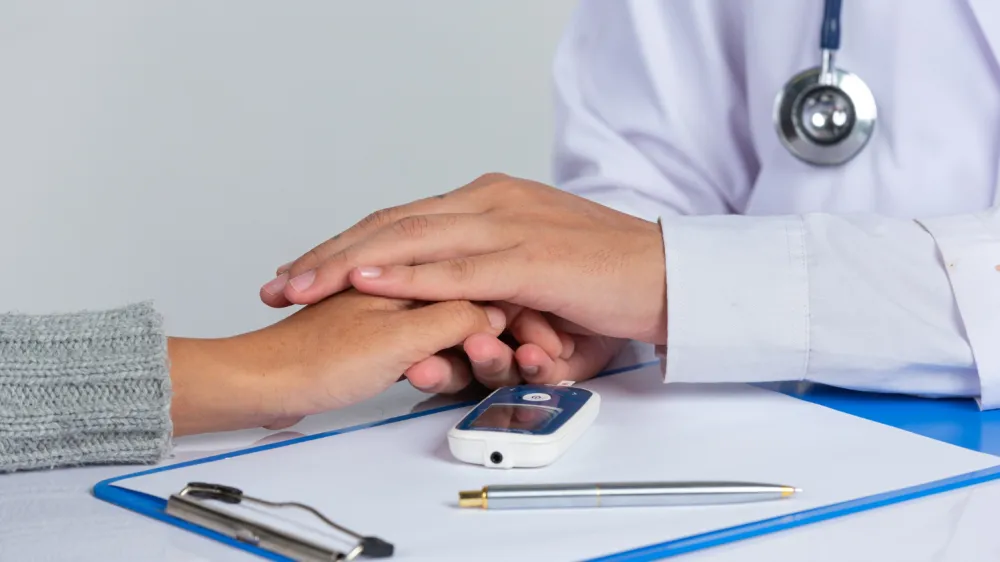
Health system bureaucracy among top concern for Asia’s healthcare professionals
Over half believe that it hinders healthcare coordination.
Coordinating healthcare in a country-wide basis is a tough task, compounded by both systemic flaws and logistic difficulties. But surprisingly, over half (54%) of healthcare professionals and 43% of patients across the Asian region indicate that health system bureaucracy is a major barrier to coordinating healthcare in their countries, according to a survey by Philips.
According to the survey, while 45% of healthcare professionals particularly in Singapore rate bureaucracy as a top barrier, 28% of patients say the same.
“However, it is important to note that 70% of healthcare professionals think the financial structure of Singapore’s health system would have a positive impact on the integration of health data,” the survey noted.
Meanwhile, perception gaps also exist on the onus for preventing poor health, notes Philips. “Across the 13 countries surveyed, as patients age, they are more likely to believe they are the guardians of their own health – 79% of those 55 years or older in the 13-country total agree the individual is fully responsible for preventing poor health compared to younger patients (66% of those aged 18-34 across 13 countries),” the survey said.
Additionally, the Philips says while Singaporean patients across all age groups agree that it is the responsibility of the individual to prevent poor health, those aged between 55 and 64 take the lead in this category, with 84% believing the individual is fully responsible for their own health.



















 Advertise
Advertise





